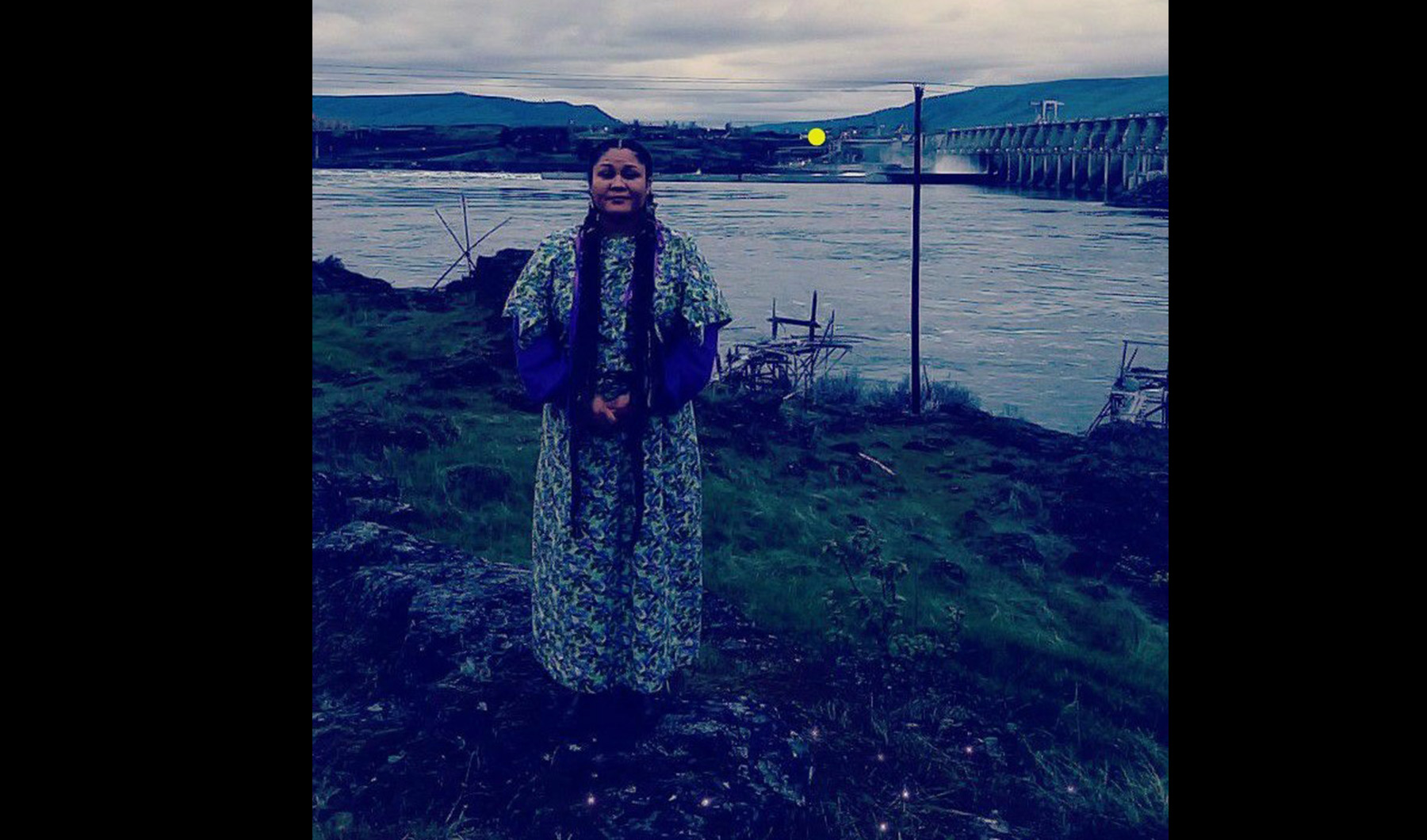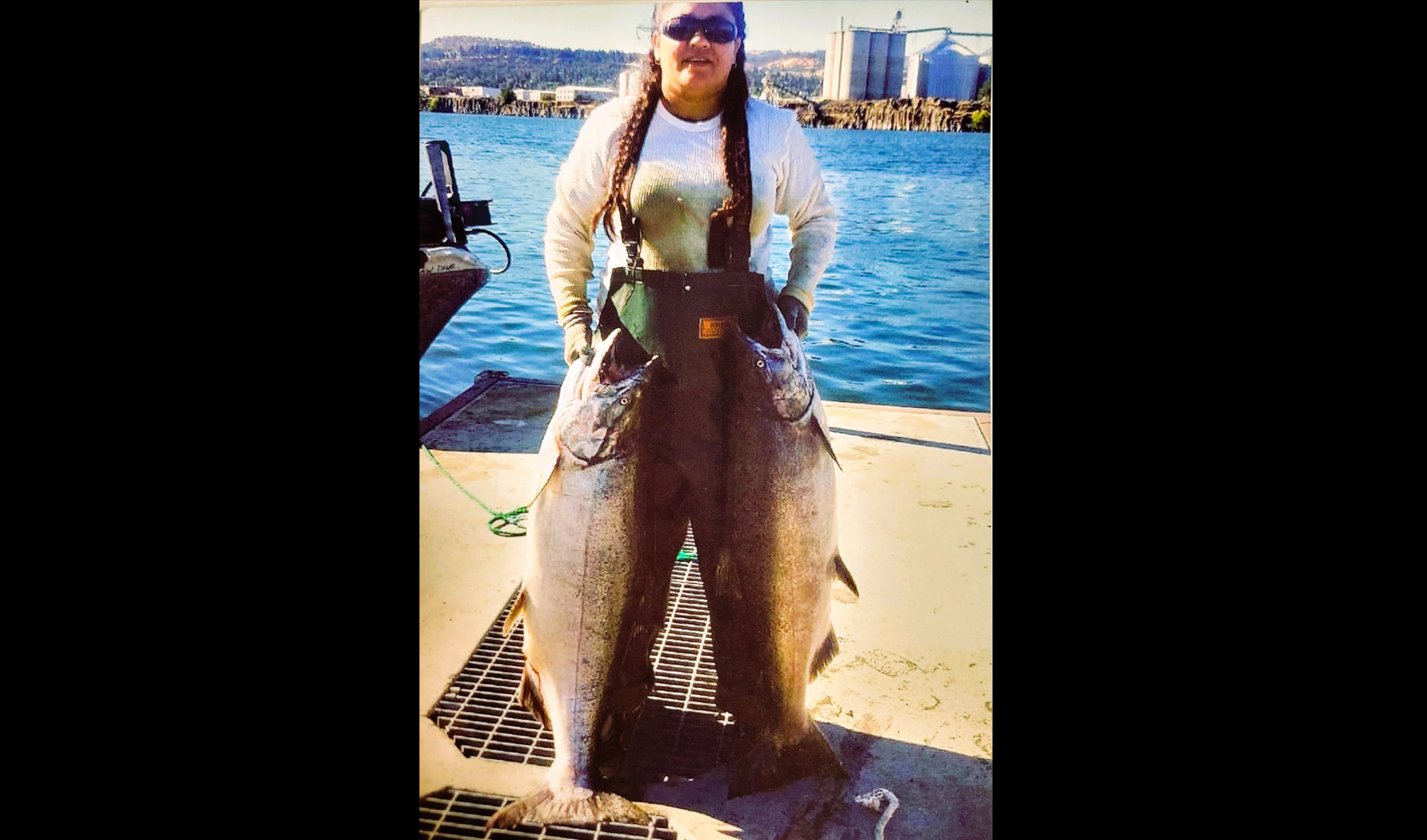Rose M. George
Field Trip Consultant
Rose was born in The Dalles, Oregon and took her first bath in the Columbia River (Nch’I Wana). Her first home was a fish drying shed at Lone Pine Treaty Fishing In-lieu site. From birth, the ways of traditional fishing people were instilled in her from the teachings of her Mother, Father, Grandparents, and Elders. Rose is a citizen of the Yakama Nation. She currently lives in Toppenish, WA, on the homelands of the Confederated Tribes and Bands of the Yakama Nation.
Rose is currently a consultant with Confluence in Vancouver, WA working to connect underserved K-12 youth with Native educators to learn Traditional Ecological Knowledge (TEK) and Science, technology, engineering, arts, and math (STEAM)-based outdoor learning about the Columbia River system.
She is a first-generation High School and College Graduate with her Bachelor of Science Degree with a Teaching Certificate in Environmental Chemistry from Heritage University in Toppenish, WA and completing her Graduate Degree Coursework in Cultural Resource Management from Central Washington University in Ellensburg, WA. Rose is a four-year NASA scholar and received certification in GLOBE (Global Learning and Observations to benefit the Environment). She attended CWIS (Center for World Indigenous Studies) to study Ethnobotany and Traditional Medicine. She is Radiological Certified from Arizona State University. In addition, she has obtained Hazmat/Radiological Training from the Hammer Federal Training Center in Richland, WA. For her efforts working with the underserved and underrepresented communities she was awarded Heritage University’s 2004 Alumni of the year.
For more than 18 years Rose held the position of an Environmental Toxicologist taking part in the fight to get the ceded lands returned to the tribe and the fight to clean-up the Hanford Nuclear Site to a state safe enough for tribal people to exercise Treaty Rights to fish, hunt, and gather in usual and accustomed areas. Rose assisted in the first of its kind the Yakama Nation Exposure Scenario and participated in the interviewing process of Tribal Elders salmon consumption and other traditional foods, medicines, and ways of life. Through education outreach, she helped bring tribal youth to the ceded area to tour the limited access site.
Rose is a Mom and Grandmother which allows her to pass along the Nch’I Wana Pum (People of the Big River) way of life. She continues to migrate to Nch’I Wana (The Big River) to meet the salmon as promised. With her deep connection to the river, she uplifts her Indigenous Voice to say: “Salmon are our lifeblood!”


